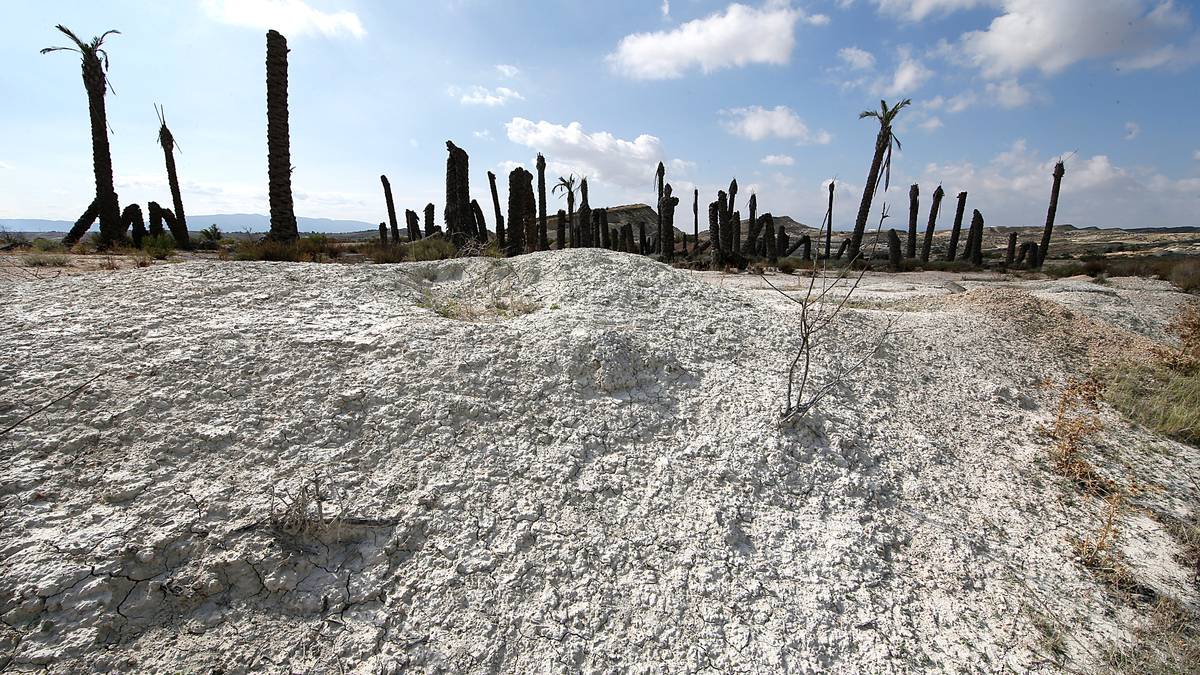Equinor and Ithaca Energy will proceed with the development of the Rosebank field on the British shelf and will invest more than NOK 41 billion in phase 1.
British authorities did so on Wednesday through the North Sea Transition Authority (NSTA). announcement that they authorize the development of the field.
Uplift, which is behind the StopRosebank campaign, is suing and demanding that the approval be rescinded.
– Equinor should listen to the critics as they did around Wisting and Bay du Nord in Canada. Rosebank is a climate disaster, a mockery for British taxpayers who have to subsidize this, and for the Norwegian people who once again see their state oil company pursue risky foreign investments, says Tessa Khan, director of Uplift.
Frode Pleym is director of Greenpeace Norway. Photo: Alf Simensen / NTB
See more
It is estimated to be the UK’s largest unexploited oil field, and this summer saw large protests against development plans in the UK.
Ask the government to intervene
In the British debate, tax breaks granted to Equinor and its partners are estimated at almost NOK 50 billion.
– There is every reason to believe that Equinor’s activities will tarnish Norway’s international reputation, as the company puts profit ahead of climate and environment considerations, says Karoline Andaur, Secretary General of the Global Fund for WWF nature.
She points out that the State is the largest owner of Equinor.

Sharp drop in profits for Equinor
– We are now waiting for the state to use its ownership power to act and change the composition of the board following this decision, says Andaur.
NTB has asked the government for its comments on this matter.
– The fact that Equinor is starting Britain’s largest unexploited oil field in the middle of a climate crisis proves that promises of a green transition are pure lies, says Frode Pleym, director of Greenpeace.
– Major events
The Norwegian Nature Conservation Association calls this a betrayal of future generations. Leader Truls Gulowsen emphasizes that a target has been set to achieve the 1.5 degree target.
– There is then no more room to develop new oil fields, and especially not large polluting fields like that of Rosebank. Equinor should still expect major protests against this crazy project, Gulowsen believes.
In December, 130,000 signatures were collected in a campaign against the pitch which was handed over to Prime Minister Rishi Sunak. There have also been several large protests and actions against the development.
MDG Vice President Ingrid Liland calls it a sad day.

Secretary General Karoline Andaur of the WWF World Wildlife Fund calls on the State to intervene after the Rosebank decision. Photo: Javad Parsa / NTB
See more
– With Vestre and the government’s shareholding announcement, climate expectations have been considerably increased. The fact that state-owned Equinor is abandoning its climate goals and investing in anti-climate projects around the world still appears to be a hoax, she says.
SV’s Lars Haltbrekken calls on the government to ensure Equinor invests in more renewable energy.
– It is serious that we have a state-owned oil company that is working against the state’s climate goals, he says.
– Significant ripple effects
Geir Tungesvik, executive director of projects, drilling and acquisitions at Equinor, says the development of the Rosebank field will help strengthen the company’s position as a major energy partner for the UK and increase energy supply in Europe.
– Rosebank offers the opportunity to develop a field on the British continental shelf which will have significant implications in Scotland and Great Britain, Tungesvik said in a statement.
Equinor owns 80 percent of the development after increasing its stake this spring.
The Rosebank field is located approximately 130 kilometers northwest of the Shetland Islands, approximately 130 km. 1100 meters deep. Recoverable resources are estimated at more than 300 million barrels of oil for phases 1 and 2, where the estimate for phase 1 stands at 245 million barrels of oil.
(©NTB)

“Hardcore coffee specialist. Unable to type with boxing gloves on. Devoted internetaholic.”






:quality(70)/cloudfront-eu-central-1.images.arcpublishing.com/mentormedier/A3KE6FB5BGLI6ZU7MUKKB5IG2M.jpg)